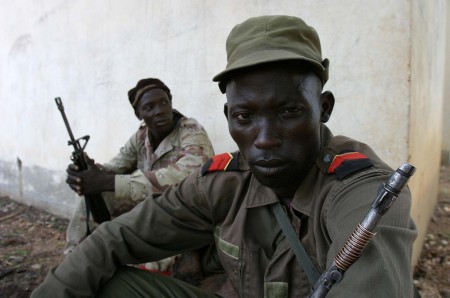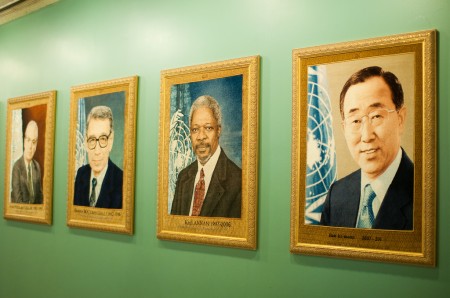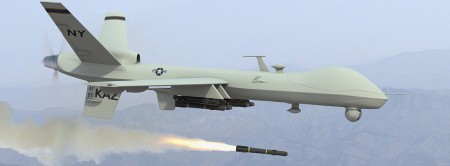
This article was originally published by The Montréal Review.
Introduction
In 1812 Napoleon Bonaparte, at the heights of his power, set out for the most adventurous, and ultimately fatal, military campaign. Napoleon’s Grand Army of over 500,000 men, the largest force ever mobilized to that date, was led to the lands of Russia. Historians have long investigated the misjudgements of this campaign and the question of hubris emerges as an underlying factor for Napoleon’s vehemence to pursue a disastrous campaign. Hubris is exaggerated pride, often combined with arrogance. Excessive confidence and reassurance, inspired from his established conquests and grandiosity, further inflated by narcissism, led Napoleon to conduct a military campaign that could be allegedly classified as irrational because it took place against the backdrop of a series of warnings and unfavorable forecasts from his lieutenants. The motivations for setting to conquer Czar Alexander’s Russia were less driven by the geopolitical necessity of defeating a rival power as by the impetus “to satisfy a hubris-infected personality” and an insatiable “hunger (…) for applause from others”.



